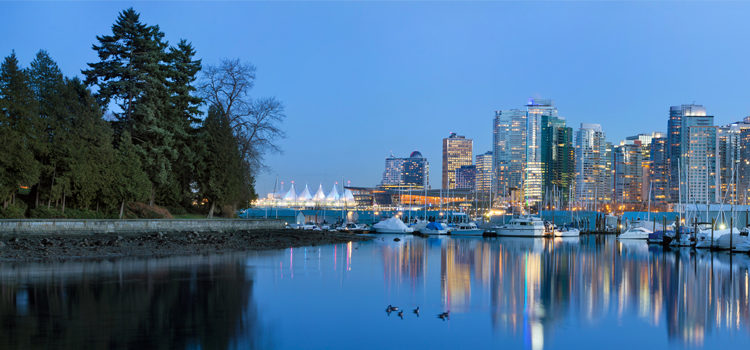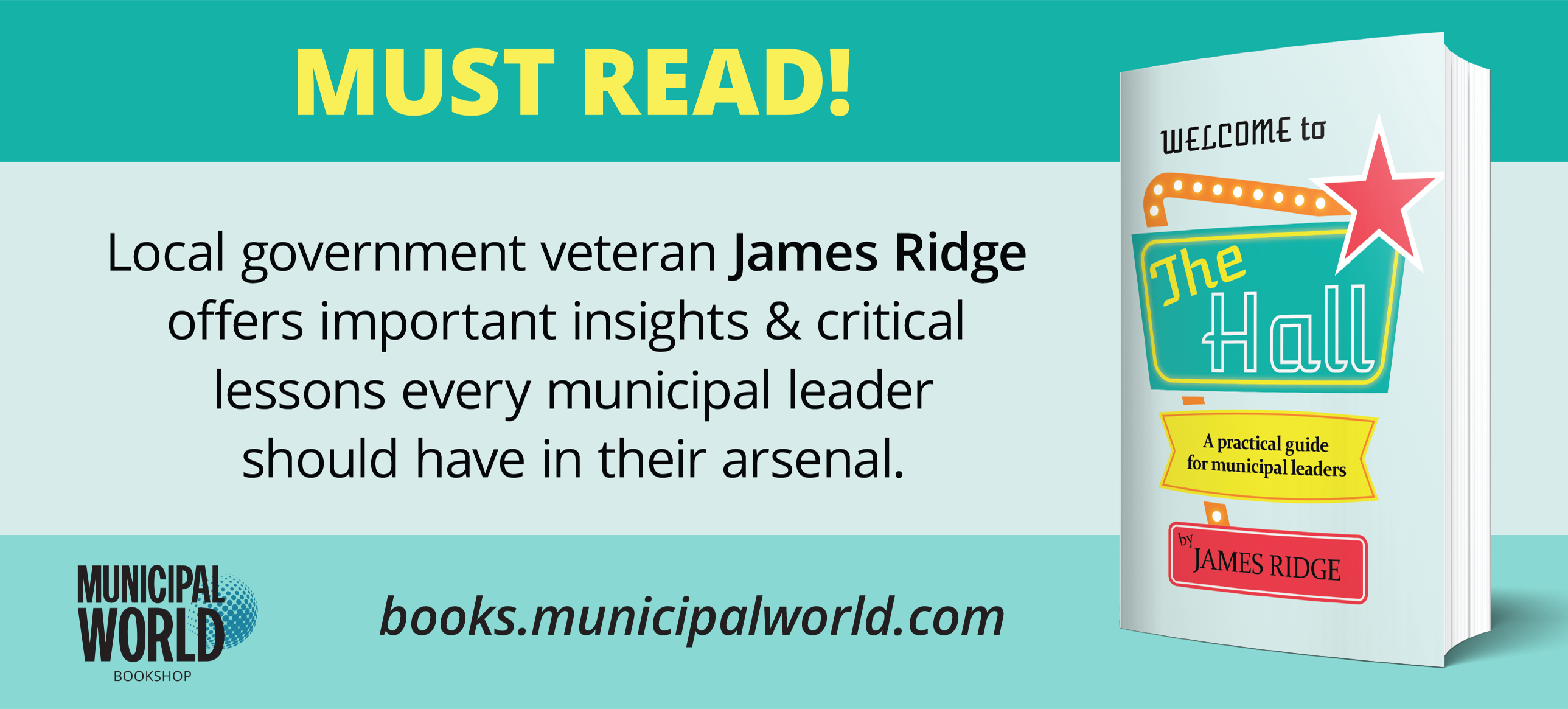Canadian Public Spending – Going Green and Getting More Social in 2017
 Vancouver BC Canada Skyline and Marina along False Creek from Stanley Park at Blue Hour Panorama
Vancouver BC Canada Skyline and Marina along False Creek from Stanley Park at Blue Hour Panorama
Municipal Collaboration for Sustainable Procurement releases 2017 State of the Nation Report
A network of 19 leading public sector organizations just released a report on how they used their spending power in 2017 to influence more responsible and sustainable practices in the marketplace. “Sustainability is a shopping priority,” says Victoria Wakefield, the University of British Columbia’s (UBC) Manager of Purchasing Services and member of the Municipal Collaboration for Sustainable Procurement (MCSP).[1] “The days of lowest cost are over, and the conversation now is about best value – for our health, environment, and communities.”
According to the report, there are some significant trends to watch. Social purchasing is a hot topic for the public sector: organizations are looking at how their service contracts can provide community benefits and work opportunities for groups with barriers to employment. Network members are transforming their procurement systems to deliver on corporate sustainability goals, and are investing in more human resources and training programs to bring sustainability requirements into their contracts. They are also developing innovative partnerships with academic institutions and social enterprises to design new approaches and engage with supplier communities. Because most of an organization’s social and environmental impacts lie in their supply chain, focusing on procurement is one of the most powerful ways to deliver on sustainability.
The City of Vancouver, one of the founding members of MCSP, is a case in point. Faced with an affordability crisis and ranking as Canada’s most expensive city,[2] in September 2016, Vancouver city council committed to becoming a certified living wage employer. After a rapid eight-month implementation, city service contracts now require in-scope[3] contracted employees and their subcontractors to be paid at or above the current living wage.[4] Vancouver’s city leadership has resulted in wage increases in vulnerable sectors like security, janitorial, and graffiti removal and has given more profile to the living wage movement as an important strategy to address poverty in the city.
UBC used social procurement to transform its research footprint this year with the Green Labs Program, whose research activities are resource intensive: the 400 labs across both campuses account for 49 percent of campus energy use and 24 percent of campus water use, and they generate 96 percent of its hazardous waste. With financial support from suppliers, such as Fisher Scientific and VWR International, UBC set up cross-functional teams, mobilized a network of Sustainability Coordinators, and created resources (including an update to the Sustainable Purchasing Guide originally created by Wakefield) to help labs green their operations. “There is still much work to do, but the Green Labs Program has put resources in place to get us where we want to go,” says Wakefield. “We built those resources into our supplier agreements to empower our research community to measure, manage, and develop more sustainable solutions.”
The report highlights case examples of other innovative sustainable procurement initiatives – how Simon Fraser University considered job security in their Dining and Janitorial Services contracts; how the cities of Victoria and Surrey approached conversion of their streetlights to more energy efficient LED technology; and how the University of Alberta is promoting the purchase of responsible promotional items with their new Sustainable Swag Guide. The report also profiles the City of Calgary for launching a Supplier Leadership Questionnaire and the City of Winnipeg for achieving Fair Trade Town certification.
Overall, the Canadian public sector made big strides this year toward making sustainable spending business as usual. All of these activities are setting public organizations up to lead by example and help drive the market shift to sustainability.
[1] Established in 2010, the Municipal Collaboration for Sustainable Procurement (MCSP) is a member-based network of Canadian public-sector institutions working together to deliver better services and achieve better value through sustainable purchasing. Member organizations meet virtually several times a year to share information, collaborate on tool development, and exchange lessons learned in relation to mitigating risks, and improving social and environmental outcomes by considering sustainability risks in the procurement process.
[2] According to the Mercer’s Cost of Living Rankings – see https://mobilityexchange.mercer.com/Insights/cost-of-living-rankings#rankings
[3] For more details on which contractors are in scope, see http://vancouver.ca/doing-business/living-wage.aspx
[4] The living wage is calculated annually by the Living Wage for Families Campaign as the hourly rate required for two working adults to meet the basic needs of a family of four in a specific region.



